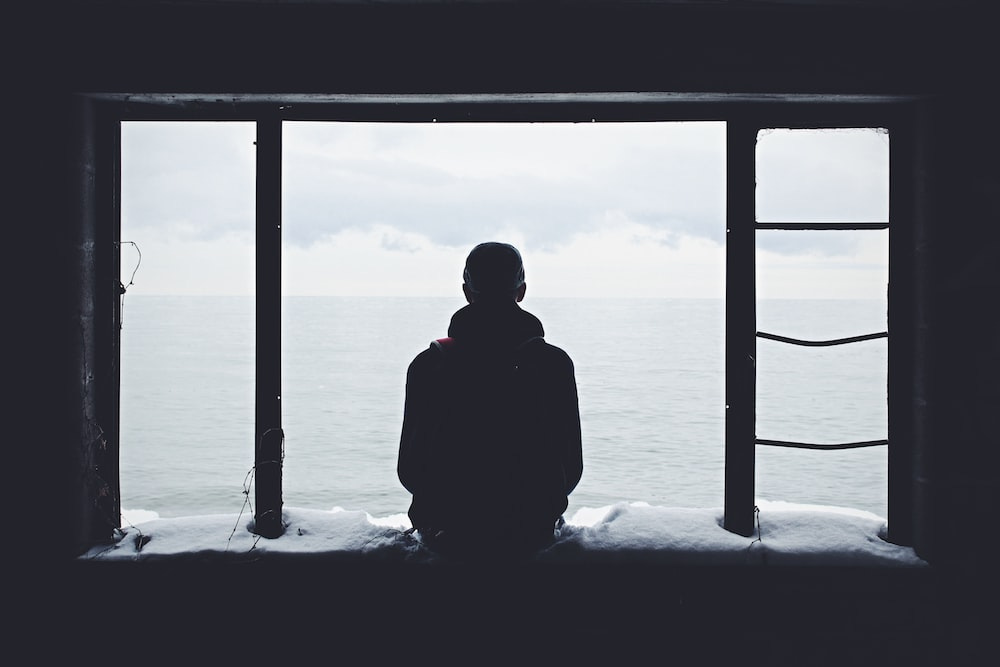The book, ‘I want to die but I want to eat Tteakbokki’ is almost transcript of the conversations between the author and her therapist. These transcripts are interspersed with the author’s reflections on her mental health and the conversations she has with her therapist.
When I heard about this book, I was sorta amused. I was expecting some GenZ crossover on food and teenage angst. But, it turned out to be a relatable read even though I have not had a one-on-one session with a therapist in my life.
I have tried a peer support group which was quite helpful in understanding the nuances of emotions and mental health. But nothing beyond that. So, I was intrigued by the subject matter of the book.
“I wonder about others like me, who seem totally fine on the outside but are rotting on the inside, where the rot is this vague state of being not-fine and not-devastated at the same time.”
~ Baek Sehee in ‘I want to die but I want to eat Tteakbokki’
Before I started penning down my thoughts, I was going through some of the reviews on Goodreads. The book has 3.5 star rating. However, it has provoked many analyses among the reading community’s members.
One person felt that the book was “all over the place” and lacked structure. Another thinks that the book has a lot of “vague” thoughts. Someone has pointed out that the book is “part self-help and “part-memoir”. But I did not understand how anyone can put this book in the self-help category.
The author doesn’t recommend anything to the reader explicitly. And I see no problem with unstructured writing as long as the reader is engaged. Every book need not sound like a college assignment.
The title is very catchy. Tteokbokki gets a mention only once or twice I guess. Even death as a metaphor does not get a lot of space in the book. That way, the title is quite misleading. Most of the issues that are discussed relate to daily struggles of the author. I am also quite fascinated to know that the book has been transliterated based on recorded conversations.
Though the author reeks pessimism in the entire book, I did find a few places where I behaved similar to the author. For example, I try to shut out people who make me feel uncomfortable. I am quite vindictive when I feel betrayed. It is not healthy, but I am learning how to let go and forgive. There’s always an opportunity to improve.
All said and done, I finally understand what chronic depression can do to a person. Before reading the book, I could barely understand why depressed people behave the way they do. The internal struggle is barely visible on the outside and this book does a good job in bringing out that self-talk that happens in the affected person’s brain.
The book has opened a new door for me as a person. However, I don’t think that I understand how to manage my relationship with a depressed friend, partner or acquaintance because I am a perpetual optimist. Pessimism doesn’t sit well in my worldview.
Would I recommend this book to someone? Yes, if you are curious about mental health and the uphill battle faced by depressed people.


